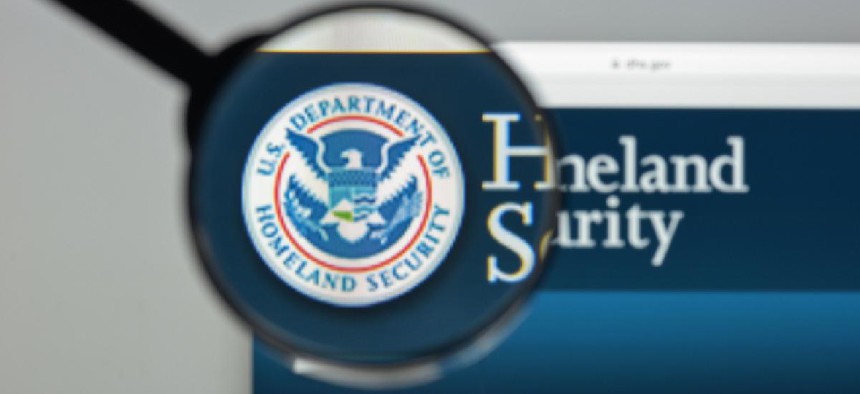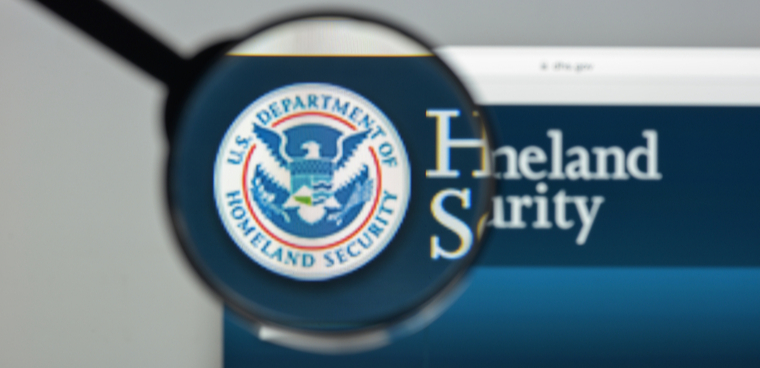DHS seeks permanent flexible acquisition authorities

Temporary acquisition authorities that aid the Department of Homeland Security in getting innovative commercial technologies and goods in response to the COVID-19 crisis should be lasting tools in the department's acquisition toolbox, the agency's top acquisition official told a Senate panel.

Temporary acquisition authorities that aid the Department of Homeland Security in getting innovative commercial technologies and goods in response to the COVID-19 crisis should be lasting tools in the department's acquisition toolbox, the agency's top acquisition official told a Senate panel.
The DHS other transaction authority that allows the agency to conduct pilot projects outside of the traditional competitive bidding regulations expires at the end of each fiscal year. Soraya Correa, the agency's chief procurement officer, told lawmakers at a July 28 hearing of the Senate Finance Committee that she'd like permanent authorization for OTAs.
Similarly, the Commercial Solutions Opening Pilot Program (CSOP) expires at the end of 2022. Correa would like to see that become a permanent fixture of agency acquisition.
Correa said that OTA and CSOP have become key tools to inject innovative technologies and goods into DHS effort to respond to the pandemic. Under CSOP, DHS has a solicitation that allows vendors to "propose solutions in any of several broad categories to include [personal protective equipment] alternatives, decontamination or disinfection solutions, contact tracing solutions, screening solutions, and other IT categories." The full value of the program is unknown, but each contract is limited to a maximum $10 million. That solicitation is open until the end of August.
Overall, DHS has obligated more than $1.68 billion to combat the pandemic according to the Government Accountability Office. DHS used exceptions to Federal Acquisition Regulation standards on full and open competitions to allow for about $1.1 billion or 87% of the total to be obligated outside of the competitive bidding process. Most of the spending was aimed at sourcing goods, especially gowns and other PPE, as opposed to services, according to GAO.
The hearing was aimed at highlighting the agency's effort to step up acquisitions of medical supplies, as well as to control an influx of counterfeit and unvetted medical supplies into the U.S. from a growing cadre of questionable international suppliers.
Sen. Ron Wyden (D-Ore.), the ranking member of the committee, said that the story of counterfeits and lack of domestic production "is way of the mark."
"If you want to know what’s contributing most to the PPE shortage, you have to start with Donald Trump shirking his responsibility to lead, causing states and hospitals to compete against each other for supplies they need, and exposing them to scammers on the PPE grey market," Wyden said.


